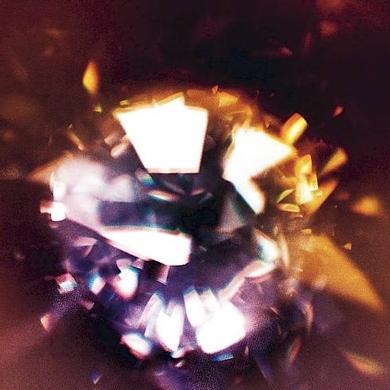Eschatology, in case you’ve forgotten, is the study of Last Things, which is to say end times, the Second Coming, the resurrection of the dead, and the Last Judgment. And there you have, in a nutshell, the theme for this concert, organized by the NHK (Japan Broadcasting Corporation)/NHK Symphony Orchestra, Tokyo, in cooperation with the Tokyo Opera City Cultural Foundation. The centerpiece is the German composer and conductor Jörg Widmann’s 20-minute Danse Macabre (2022), which has been making the rounds internationally and will be performed once again under his baton. His intention, he has written, was for this Dance of Death to be “wild and beautiful, dreadful and final.” He reckons this intrinsically grim exercise not only one his most intense, forward-driving creations, but paradoxically also joyous. As a chaser, the program includes Widmann’s Towards Paradise (Labyrinth VI) (2021), an epic 40-minute concerto written for and performed by the Swedish Håkan Hardenberger, Paganini of trumpeters. Don’t let the name fool you. Though the destination is, in the composer’s words, “a utopian state of suspension,” the soloist arrives there only after “a labyrinthine journey … through wild and craggy orchestral abysses.” But before these agonies and ecstasies, there’s also Atsuhiko Gondai’s 20-minute Strings Between Time and Eternity (2024), for Violin and Orchestra, a requiem conceived to prompt audiences to think about their loved ones and “to listen closely to their hearts.” The soloist is Ayana Tsuji, the work’s original interpreter. Strings Between Time and Eternity is the recipient of this year’s prestigious Otaka Prize for work by a Japanese composer. An award ceremony in the hall precedes the concert. —Matthew Gurewitsch

